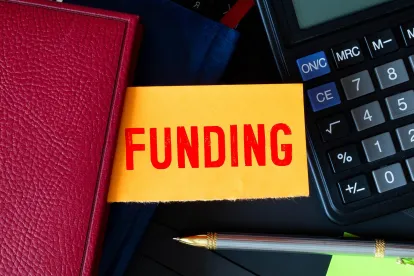As general partners increasingly use continuation funds to generate optionality within a fund, it is important for limited partners to align their interests with general partners in such situations.
To assist with this alignment, the Institutional Limited Partners Association (ILPA) recently released guidance on continuation funds, including key considerations for limited partners. Due to the high level of due diligence and analysis required to evaluate continuation fund transactions, ILPA, a member-driven organization that advocates for institutional investors, issued this guidance to help limited partners achieve “greater consistency around disclosures and the structure of the process,” resulting in improved transparency.
What Are Continuation Funds?
When general partners or fund managers want to hold on to investments past the fund’s expiration date, they use a continuation fund to sell the investment to a successor fund to be held for a longer period. Continuation funds have been increasingly used as a tool by general partners in recent years, particularly in the private equity space.
ILPA's Continuation Fund Guidance
ILPA’s guidance is focused on maximizing value for existing limited partners and ensuring that limited partners that decide to roll over into the continuation fund are no worse off than if a transaction had not occurred. In alignment with these principles, ILPA provides the following recommendations for limited partners that are considering investments in funds that provide for continuation funds.
1. Limited Partners Should Become Informed About the Transactions
Given the need to evaluate individual assets involved in a continuation fund, limited partners need to establish frameworks for evaluating these transactions. As part of this, general partners need to provide limited partners sufficient notice to adequately review the transaction, in addition to documents supporting the transaction so limited partners can make informed investment decisions. Since evaluating individual transactions may be outside of the limited partners’ expertise, setting appropriate expectations and timing with general partners is necessary to conduct a full review of the opportunity. Existing documents, including side letters, should be reviewed and revised if appropriate to allow for the limited partner’s best economic and legal interests to be represented in the continuation fund. Furthermore, limited partners should have at least 30 days to consider proposals.
2. Limited Partners Should Address Conflicts of Interest
A continuation fund may present several conflicts of interest between the general partner and limited partners. As a result, the limited partners should heavily scrutinize such transactions to ensure that participating in the continuation fund is in a limited partner’s best interest. This scrutiny should come in the form of aligning the general partner’s and limited partner’s interests as much as possible by bringing in third parties to value the transaction, as well as specifically having the general partner’s carried interests rolled over from the sale into the continuation fund.
The most concerning conflict that is typical in these types of transactions is the presence of the general partner on each side of the transaction. Some of the conflicts that can arise with the presence of the general partner (or one of its affiliates) on each side include conflicts regarding the selling and pricing of assets. It is important that these conflicts are mitigated to avoid any potential issues with the transaction, and to ensure transparency and disclosure throughout the transaction process.
3. Limited Partner Advisory Committee Oversight
Additionally, the limited partner advisory committee (LPAC) should be involved in providing the general partner with guidance on how to proceed during continuation fund transactions to ensure transparency and fairness throughout the process. The general partners should ensure that the LPAC can discuss the transaction, has access to an advisor when requested, receives clear information on why the continuation fund strategy is being used, and has time to review the transaction.




 />i
/>i
